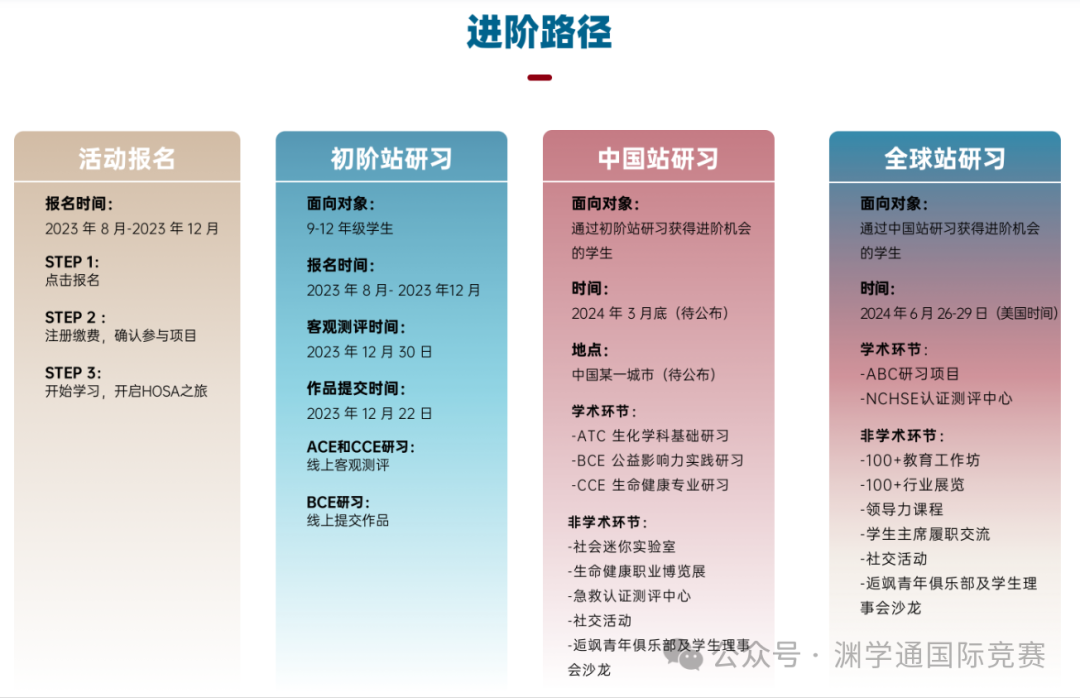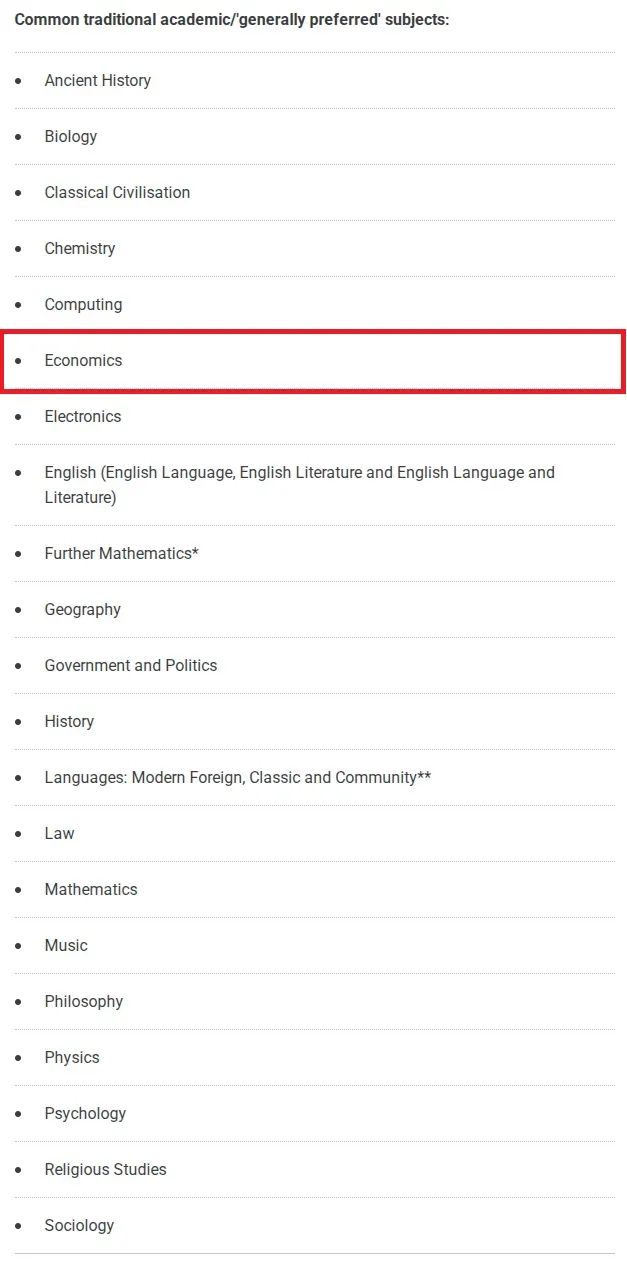观点类大作文,教育类话题
Some people believe everyone has the right to get university education, therefore, government should make it free to all people no matter of their financial background. To what extent do you agree?
题目来源:2012年6月9日大陆雅思大作文
1、题目大意
有些人认为每个人都有权接受大学教育,因此,政府应该向所有人免费提供,无论他们的经济背景如何。是否同意
2、思路解析
这是一道观点类大作文,聊的是大学教育是否应该免费。审题时注意两点,一是题目限定讨论对象是“university education”,需要考虑大学教育的特性。二是题目中包含了因果关系,即因为“每个人有权接受大学教育”,所以“政府应该免费”,需要对因果关系进行讨论。下面,月半鸭和大家一起来看下具体观点。
首先来看支持的角度,有三方面。
一是许多公立大学的资金来自政府拨款,而政府的财政收入很大一部分又来自于公民的税收,因此公民有权利享受公立大学提供的教育机会。
二是许多贫困家庭因经济压力而无法承担大学学费,免费大学教育有助于改变他们的命运,减少贫困人口并减少贫富差距。
三是政府培养更多接受高等教育的人才,能够有效提升个体的就业能力及社会整体的竞争力,进而有助于科技、经济等领域发展。
然后来看弊端,有三方面。
一是完全免费的大学教育会给政府带来巨大的财政负担,导致其能够用于基建、医疗等其他领域的资金减少。特别是一些经济基础薄弱的国家,可能有更加紧迫的问题需要解决。
二是考虑到如果政府资金有限,能够提供给大学的财政拨款可能并不充裕,这会导致大学人才流失或是能够投入项目的经费不足,进而导致教育质量下降。
三是完全免费的教育可能会让一些学生不珍惜,造成教育资源的浪费。
3、提纲
4、高分范文示例
Undeniably, the relentless progression of human civilization has rendered universally accessible primary and secondary education a staple across the globe. Consequently, the notion of extending tuition-free policies to encompass tertiary education has garnered considerable attention. Although I appreciate the sentiment behind this proposal, I remain skeptical of its practicality.
It is essential to acknowledge that the right to higher education should be partially safeguarded by governments. Given that the provision of advanced education for the masses is an inherent responsibility of any tax-imposing administration, it is incumbent upon them to allocate a portion of their fiscal resources toward this foundational social sector. Moreover, individuals should not be denied this right due to financial constraints. If hardworking and talented youths are excluded from their preferred institutions because of unfavorable socio-economic backgrounds, it could perpetuate cycles of poverty or crime, exacerbating the societal divide between the affluent and the impoverished.
Nevertheless, the notion of total dependence on government funding for university tuition is not a prudent approach, and students should also bear some financial responsibility. Firstly, the implementation of universally free tertiary education would likely impose a significant fiscal burden on governments. Even in economically developed regions like Europe, only a handful of countries, such as Germany and Sweden, have adopted such policies. In numerous other nations, more pressing concerns like inadequate healthcare systems and food shortages continue to afflict the majority of their citizenry, necessitating prioritization within constrained budgets. Additionally, university graduates not only acquire academic knowledge but also develop vocational skills, ultimately enabling them to achieve financial independence. Therefore, as beneficiaries of tertiary education, students should contribute to the cost of their schooling.
Taking all these factors into consideration, it becomes apparent that the widespread adoption of free university education remains unfeasible for the majority of the world's nations. It is also important for students to recognize their responsibility in contributing to the cost of their education, given the substantial benefits they receive.
5、相关词汇和语法结构
Relentless progression 不懈的进步
Universally accessible 普及的
Tuition-free policies 免学费政策
Tertiary education 高等教育
Practicality 实用性
Safeguarded 保障
Tax-imposing administration 征税政府
Foundational social sector 基础社会领域
Financial constraints 财务限制
Socio-economic backgrounds 社会经济背景
Perpetuate 使永久化
Exacerbating 加剧
Affluent 富裕的
Significant fiscal burden 重大的财政负担
Prioritization 优先处理
Inadequate healthcare systems 不足的医疗系统
Food shortages 食品短缺
Vocational skills 职业技能
Beneficiaries 受益者
Feasible 可行的













